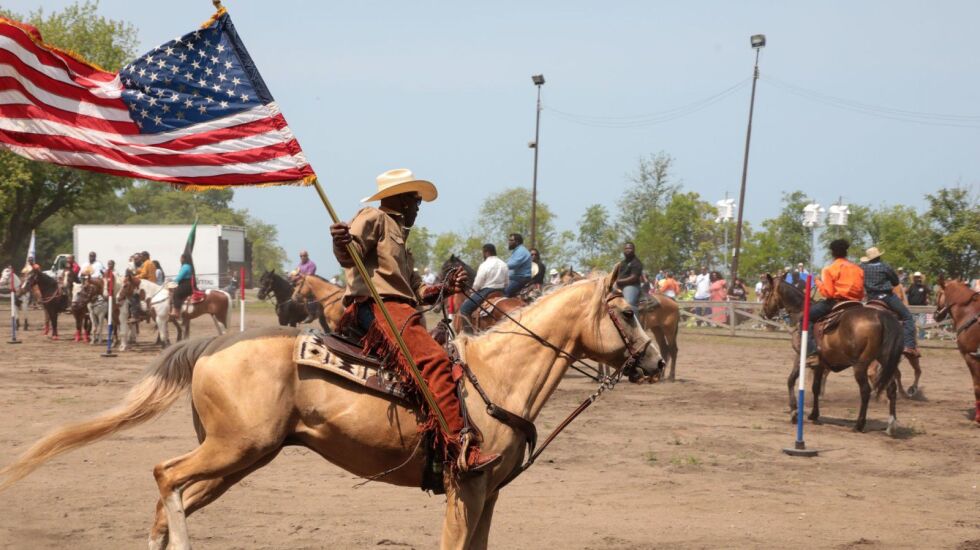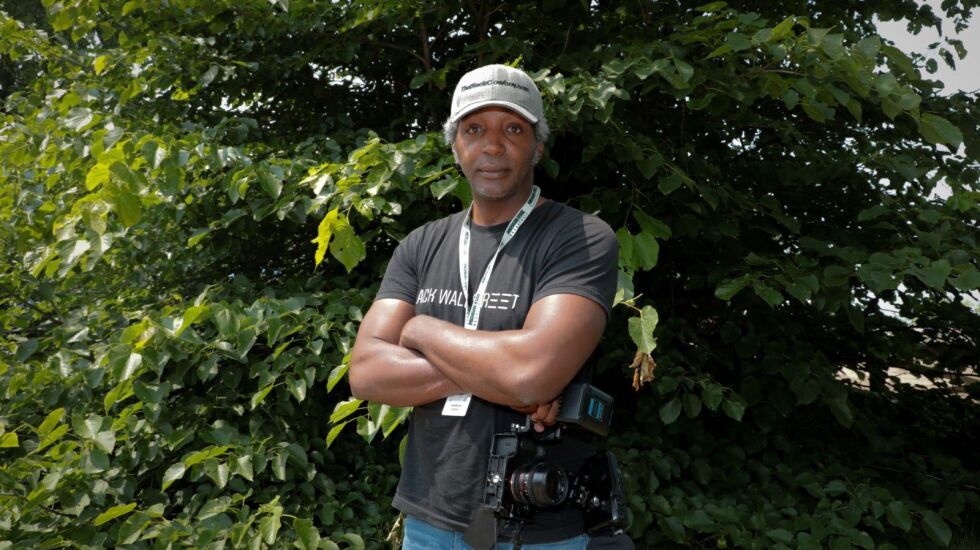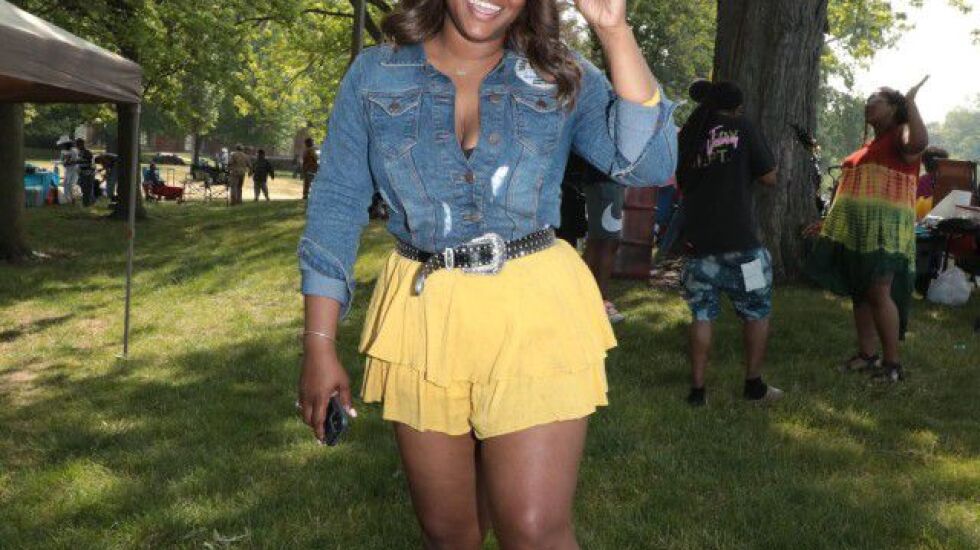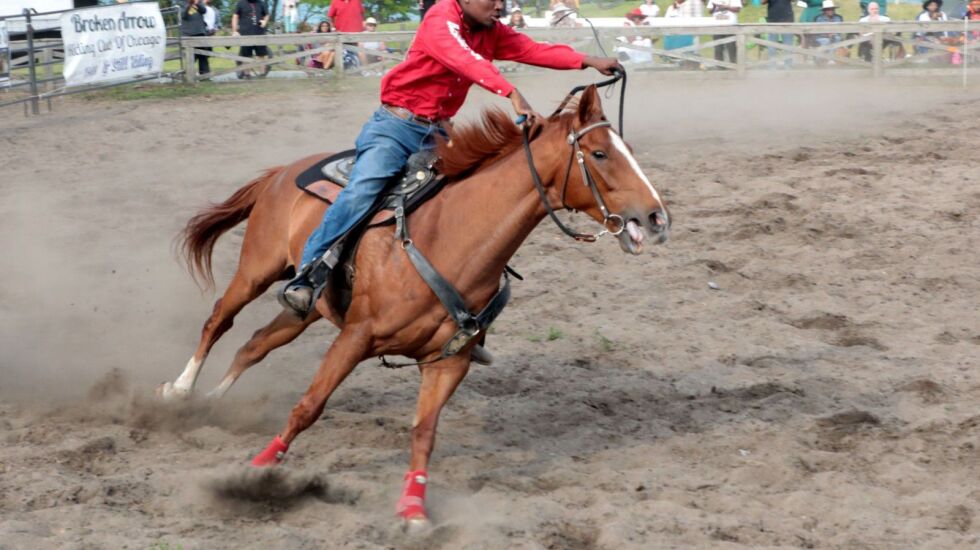
Chicago isn’t the first place that comes to mind when you think of rodeos. But the area has a rich history of Black cowboys and horsemanship that still endures.
Buffalo Bill and his 450-member “Congress of Rough Riders of the World” brought cowboys of color to Chicago during the World’s Columbian Exposition in 1893, performing to sellout crowds.
In the 1950s, kids in Chicago learned about horsemanship through Thyrl Latting, described as Chicago’s original Black cowboy. And, after competing in rodeos across the country , Latting launched the Thyrl Latting Rodeo Spectacular, a Black cowboy-centered rodeo, in Chicago in 1964.
The values cowboys hold are the same whether they’re in Chicago or anywhere else, according to filmmaker Charles Perry, who has been documenting Black cowboys in the United States, including the not-for-profit Broken Arrow Horseback Riding Club and its annual rodeo in Chicago.
“A cowboy’s a cowboy no matter,” said Perry, who has an upcoming documentary titled “The Black Cowboy.” “The love of horses, the love of animals, the outdoors, the riding that’s involved — that part of nature that’s in some of us humans, you know. That part will not go away, especially the connection between horses and people.”

On the South Side, Broken Arrow helps keep cowboy culture alive. It held its annual Speed and Action Rodeo and Horse Show last month at the South Shore Cultural Center, with competitions that included racing, relays and bareback riding. It teaches horsemanship to people of all ages, ethnic backgrounds and physical abilities.
Some participants have been with the club for decades. They have built a community around riding horses in Chicago.

Amber Leslie has been a member of Broken Arrow for about two years. She got involved after a friend who had a horse invited her to see a lesson.
“I observed, I got on the horse, and I have been on them ever since,” said Leslie, who recently got her first horse, named Cayenne.
Around Chicago, people often keep their horses in the suburbs.
“It’s a small community, but we’re growing every single year,” Leslie said.
Korey Flowers, a cowboy from Auburn Gresham, said he was about 8 years old when he first got on a horse.
“My dad, he put me on my first horse, doing barrel-racing,” Flowers said.
He said he “got the hang of it” and got involved in events such as calf-roping.
Flowers said he found a community at Broken Arrow that helped him learn lessons beyond horsemanship — including the importance of “being a better man for myself” and “staying off the streets.”
The owner, who goes by just Murdock, said he started teaching horsemanship as a way to give back to others. He said some students have gone on to more advanced activities, such as bull-riding.
“I tell people first you need to learn how to ride a horse,” Murdock said. “And once you learn how to ride a horse, you can go from there. And that’s what they’ve done.”
Murdock said it’s better to have students get upset with him for yelling out instructions to stay safe than to leave them in a position where they’re likelier to get hurt.

Devyn Branscomb, who lives in Roseland, started riding when he was just 4 years old, after his father taught him. He has been taking lessons from Murdock on and off for about 12 years and owns a company that transports horses between states. He said the competition aspect of horsemanship is his true passion.
“It builds you how to be a team leader,” Branscomb said. “If someone messes up, you don’t get mad at him because it’s the horse and it’s them at the same time. It’s hard for human beings to take a wild animal that was once free and didn’t have any responsibilities, that didn’t have any boundaries. … We all need everybody out there. We’re a team.”
Branscomb said being a cowboy has helped him learn to be open around people and to stay committed to what he’s doing.
For the future, Murdock said he hopes to expand the riding club to have its own stable and to offer lessons in the city so it can reach more kids.
Bianca Cseke is a digital producer for WBEZ. Meha Ahmad is senior producer for WBEZ’s “Reset with Sasha-Ann Simons.”







